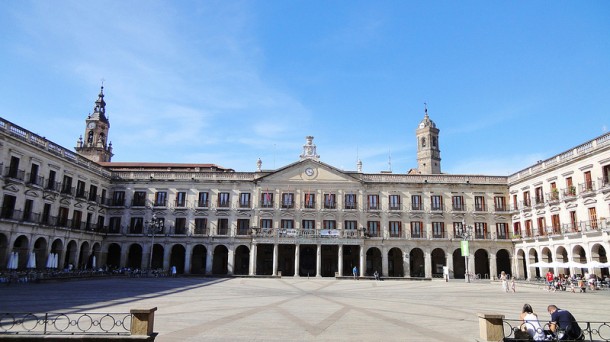On Sundays, the clocks are moved forward from two to three hours. The first time we changed the clock was in 1980.
Long sleepers probably won’t be happy with the time change. Because when the hands are turned forward on Sunday morning, that means an hour less bedtime. In return, the days get lighter for an hour longer.
That was also the ulterior motive, which is why the transition from normal time (= winter time) to summer time was made for the first time in 1980: more efficient use of daylight should save energy.
Saving candle wax in 1784
Benjamin Franklin, one of the founding fathers of the US, spoke ironically about daylight savings time as early as 1784 in a letter to the editor. This way you can save a lot of candle wax.
Summertime as an unnecessary burden for humans and animals?
Opponents of summer time speak of an unnecessary burden on humans and animals. According to ARBÖ, time changes and spring fatigue influence our driving behaviour. And the hunting association of Lower Austria warns that the risk of accidents involving wild animals would now increase: “Wild animals first have to adapt to the changed behavior of humans.”
As in many things, Russia goes its own way. The clocks there were last adjusted in 2014.
Daylight saving time ends on October 29
Daylight saving time ends on October 29. Then the late sleepers get their money’s worth and they can stay in bed an hour longer.
Source: Krone
I am Wallace Jones, an experienced journalist. I specialize in writing for the world section of Today Times Live. With over a decade of experience, I have developed an eye for detail when it comes to reporting on local and global stories. My passion lies in uncovering the truth through my investigative skills and creating thought-provoking content that resonates with readers worldwide.



